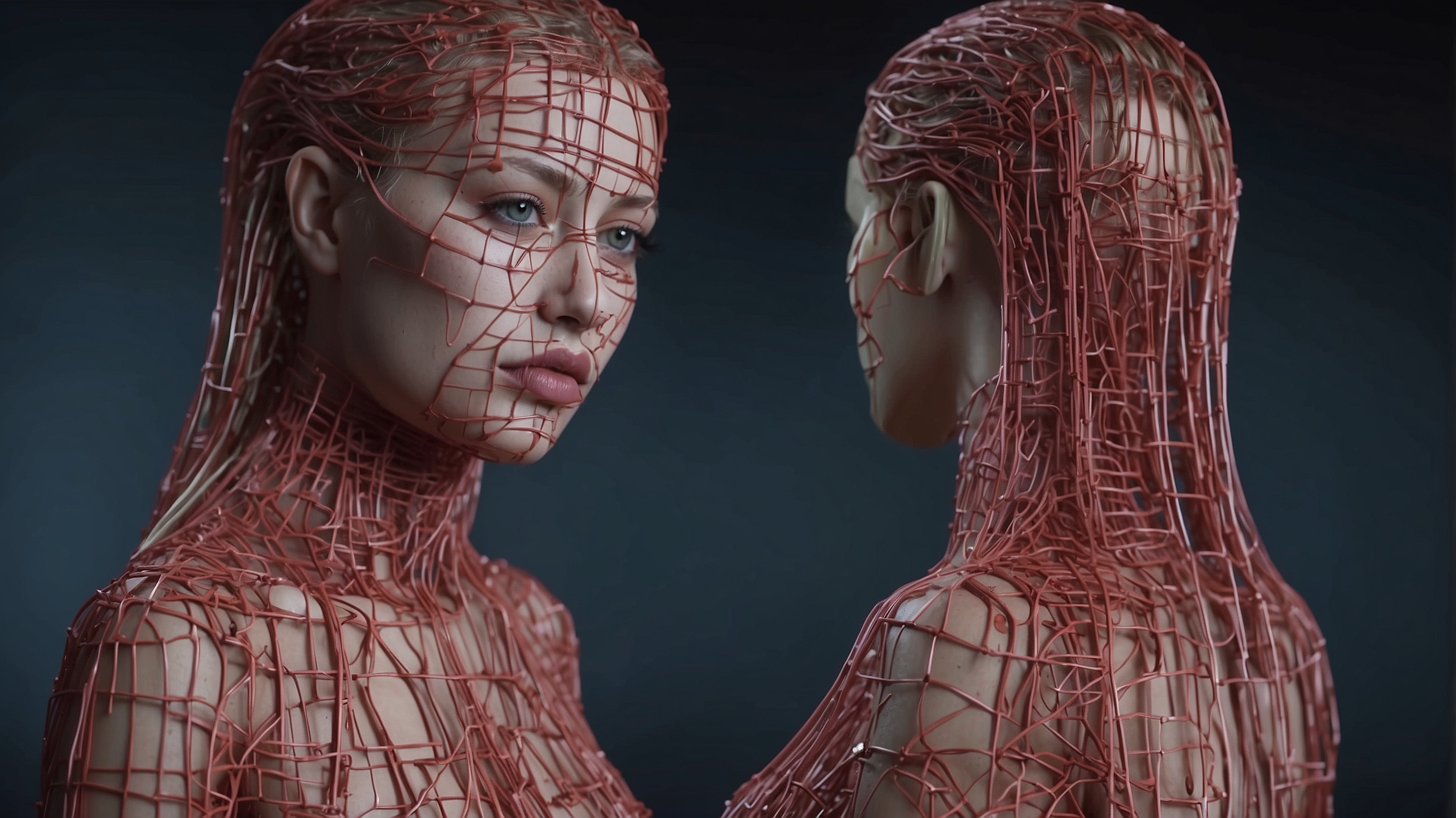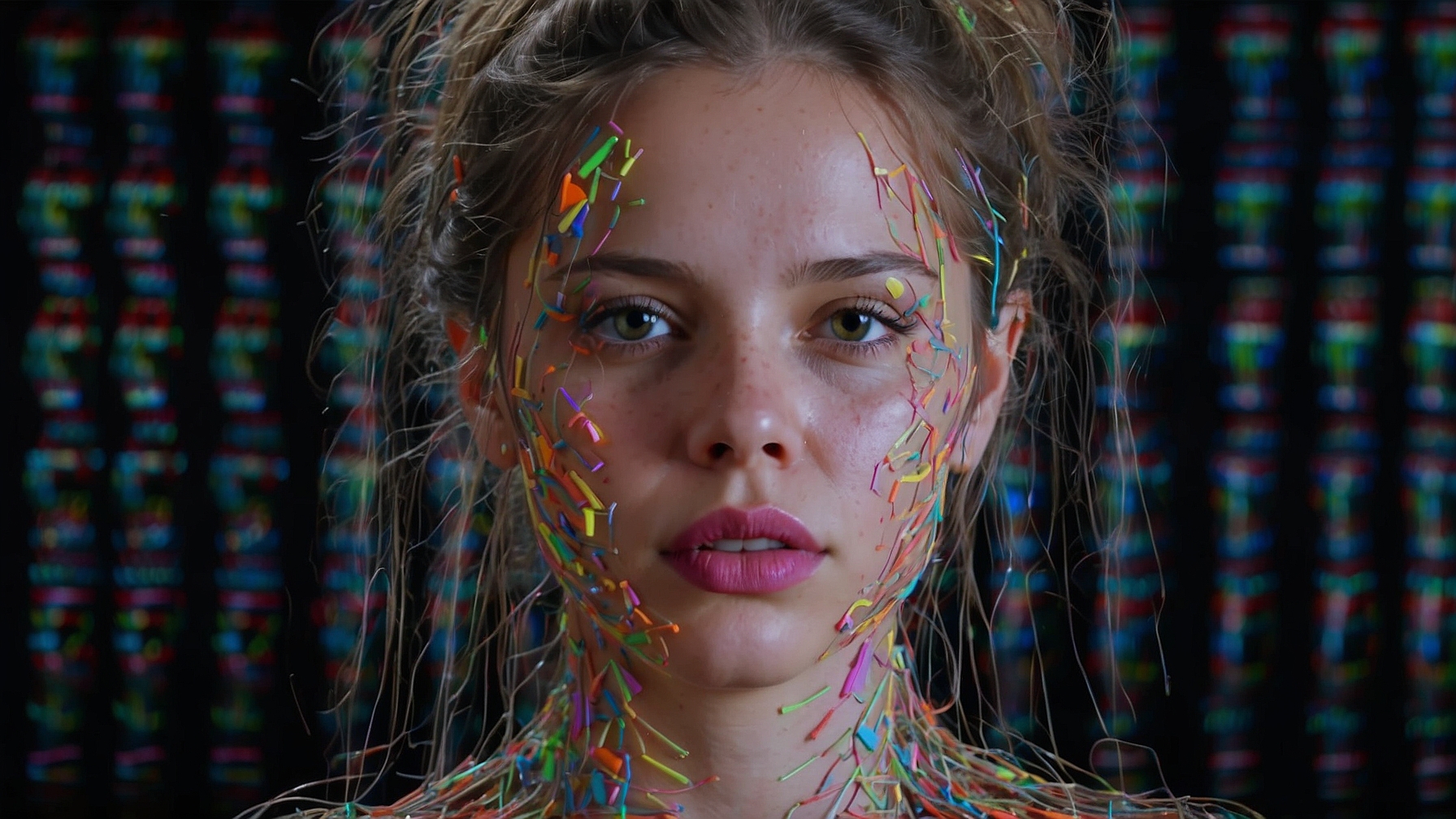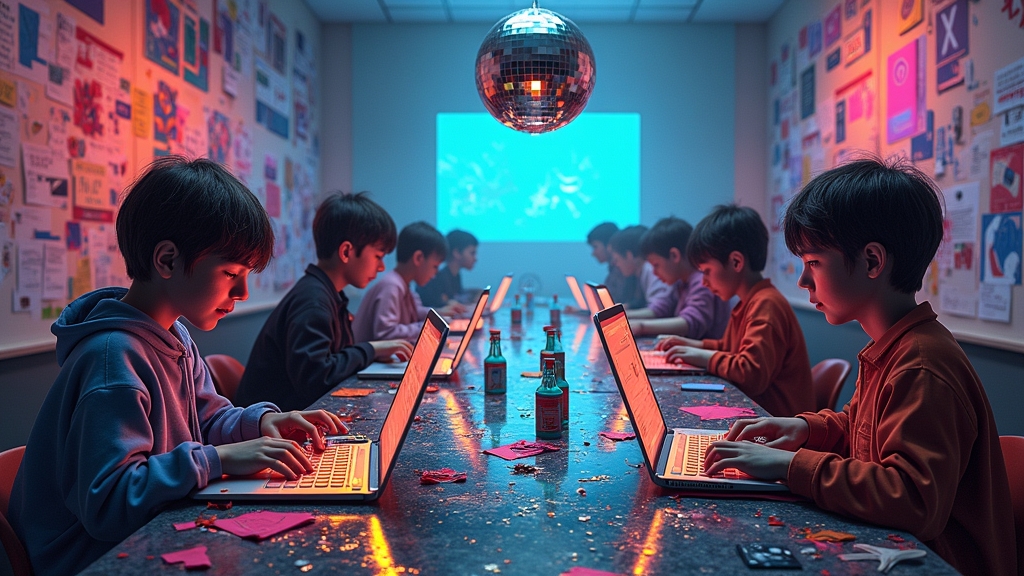OpenAI’s Super-Secretive Sora Video Model Leaked By Rebellious Artists Apparently Tired Of Living In Dickensian Conditions
In a plot twist straight out of an AI dystopian novella, OpenAI’s top-secret Sora video model has leaked, not through the usual channels of corporate espionage, but via a band of rogue artists tired of operating under what they called a techno-lord’s repressive regime. Dubbed as “Sora PR Puppets,” the group allegedly decided enough was enough after OpenAI invited them to what could only be described as the longest unpaid internship in digital history.
“It’s like living in a Black Mirror episode, but without the dramatic soundscapes,” lamented a protester mere seconds before the leak. OpenAI, famed for housing technology that seemingly possesses more human emotion than a romantic novel, is left to clean up the narrative as unauthorized demos of their sacred Sora were splattered across social media platforms like artisanal graffiti.
Within hours of the digital jailbreak, social media was buzzing with clips sporting OpenAI’s deeply artistic watermarks. What began as a showcase for a technological marvel quickly devolved into a meme factory as users pasted mustaches and comically large sunglasses over the AI-generated content faster than the AI could render them.
Unconfirmed reports suggest that this model, capable of delivering 10-second clips at 1080p resolution faster than the average teenager sends a text, is part of OpenAI’s mission to equip AI with Hollywood special effects capabilities. “It’s the game-changer we didn’t know we wanted or needed,” said one tech aficionado, marveling at the AI’s potential to render scenes that still require actors who have regrets about their fashion choices.
Ironically, the grand unveiling of Sora has been eclipsed not by the prowess it displays but by the simmering artist rebellion—an unexpected consequence worthy of its own Netflix drama. Protest group members assert that working with AI should not feel like sculpting the Sistine Chapel, echoing grievances since Leonardo Da Vinci complained about wet paints.
With competitors executing flashy launches in the AI video domain, OpenAI’s mission to keep Sora under wraps as their secret weapon seems to have backfired spectacularly. The leak raises uncomfortable truths about the delicate dance between tech innovation and artist exploitation. It turns out, in a twist perfect for the digital age, the sound of creative compensation—or lack thereof—may be louder than the groundbreaking buzz of algorithmic prowess.
“In hindsight, maybe we should’ve at least included free snacks,” uttered a remorseful, anonymous OpenAI representative, hesitating to comment further on how this scandal might reshape the ai-philosophical landscape and its creative ecosystem.
As the world digests this latest drama, Sora stands as a testament that in the race to outshine human brilliance with machine learning, ensuring creative discontent isn’t harvested alongside codes should probably be a priority. But for the moment, in the quest for the shiny new digital future, OpenAI seems to have stumbled into a time machine, sending them back to free-thinking revolutions of the past.




